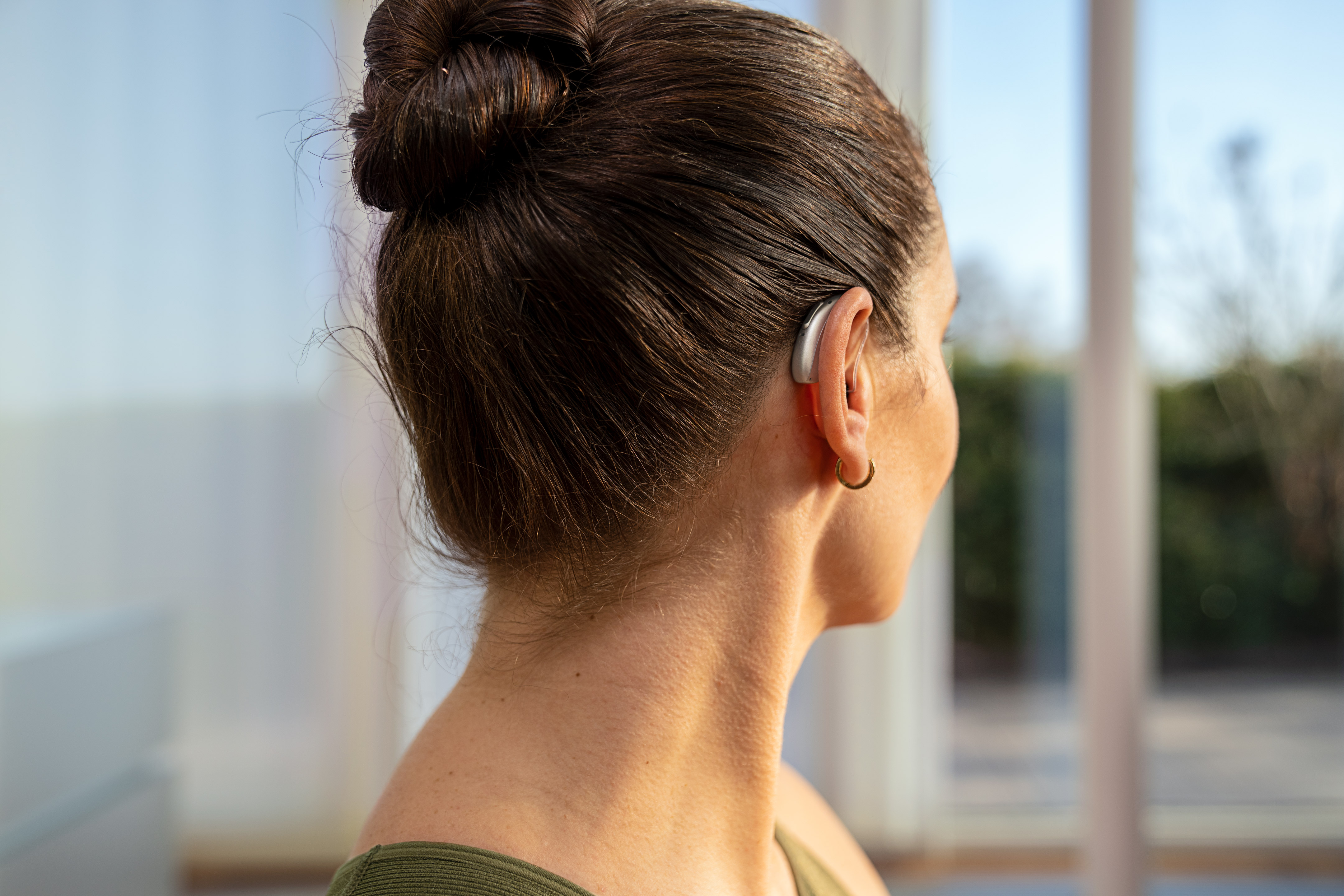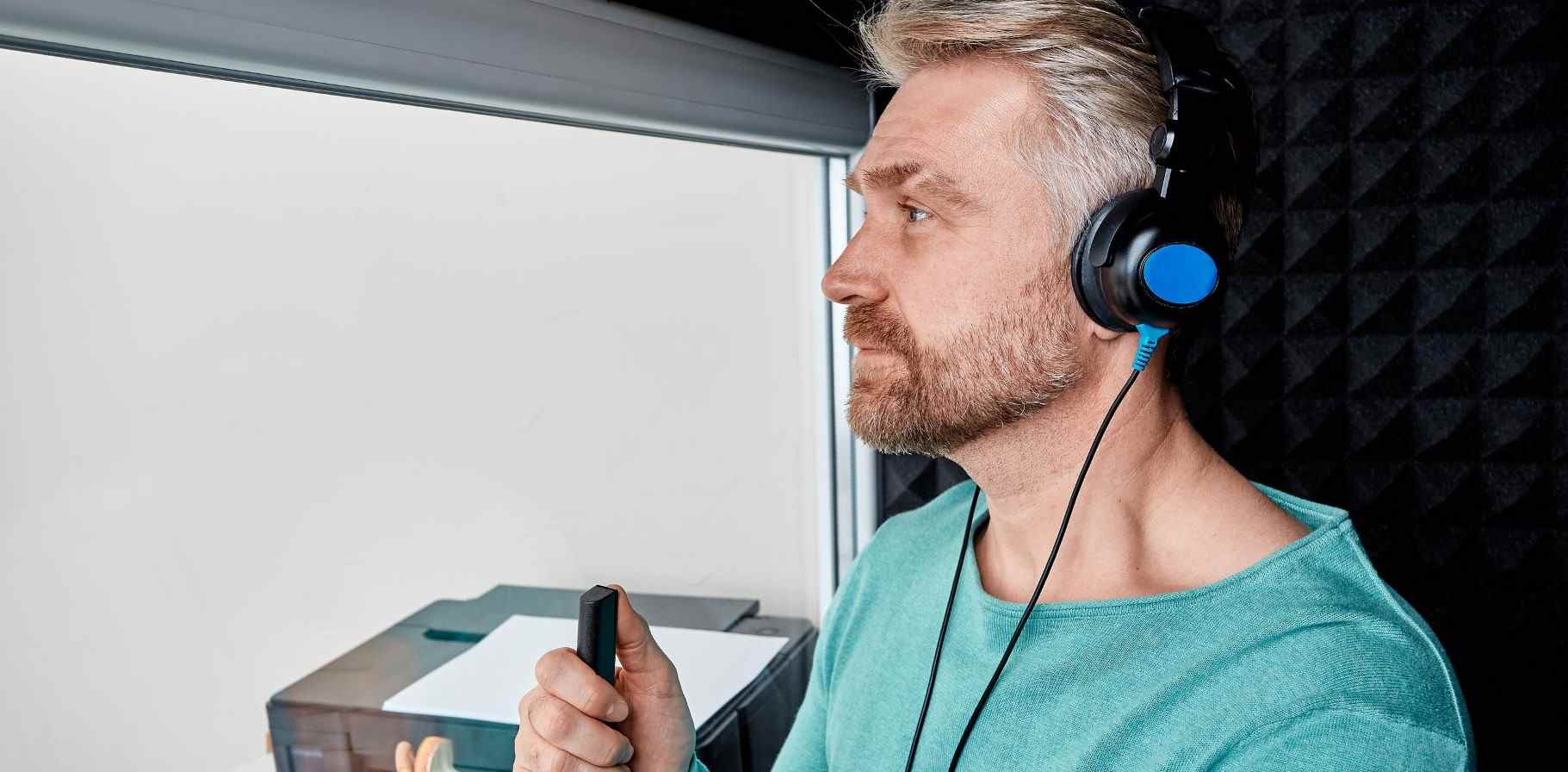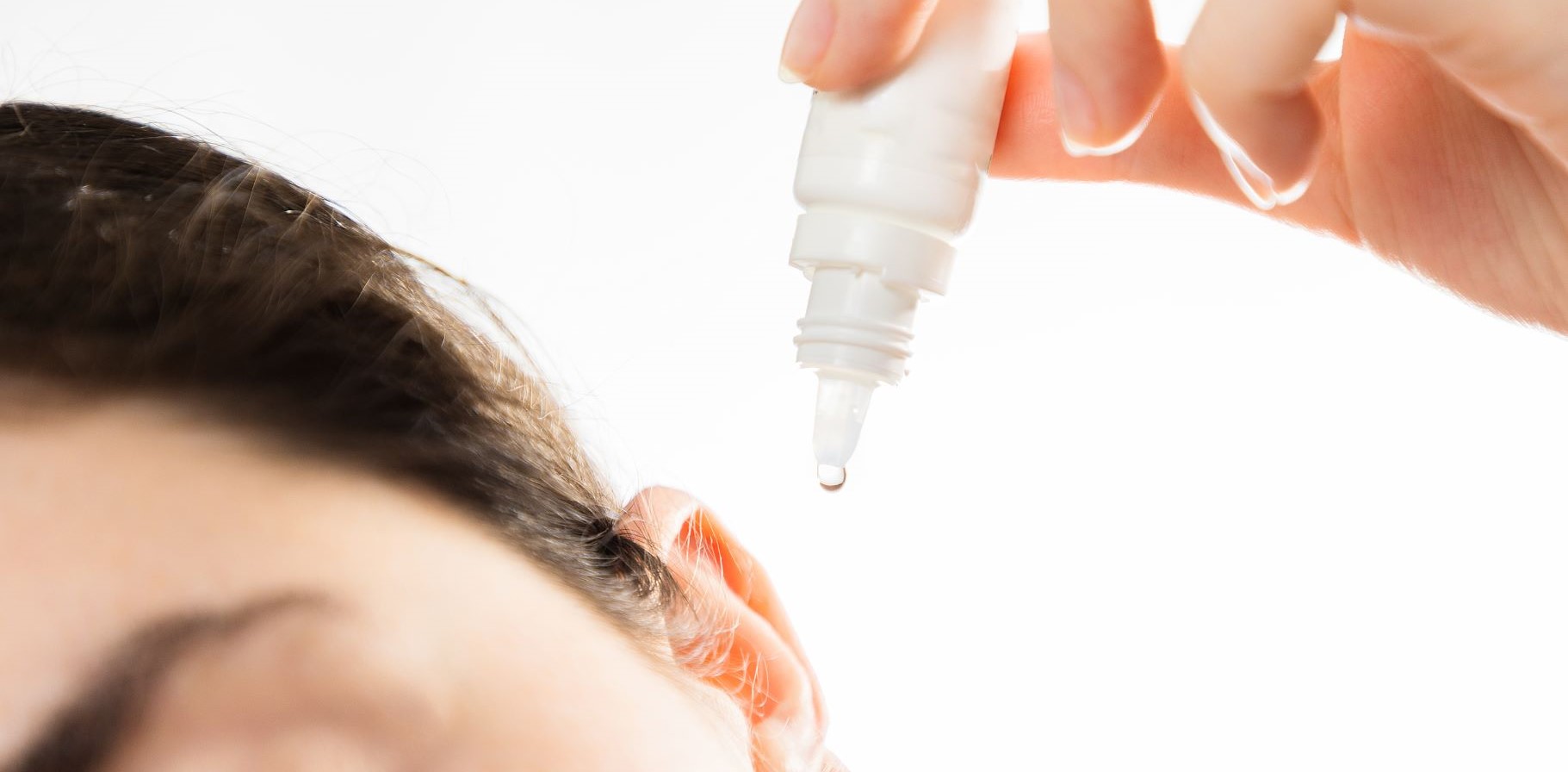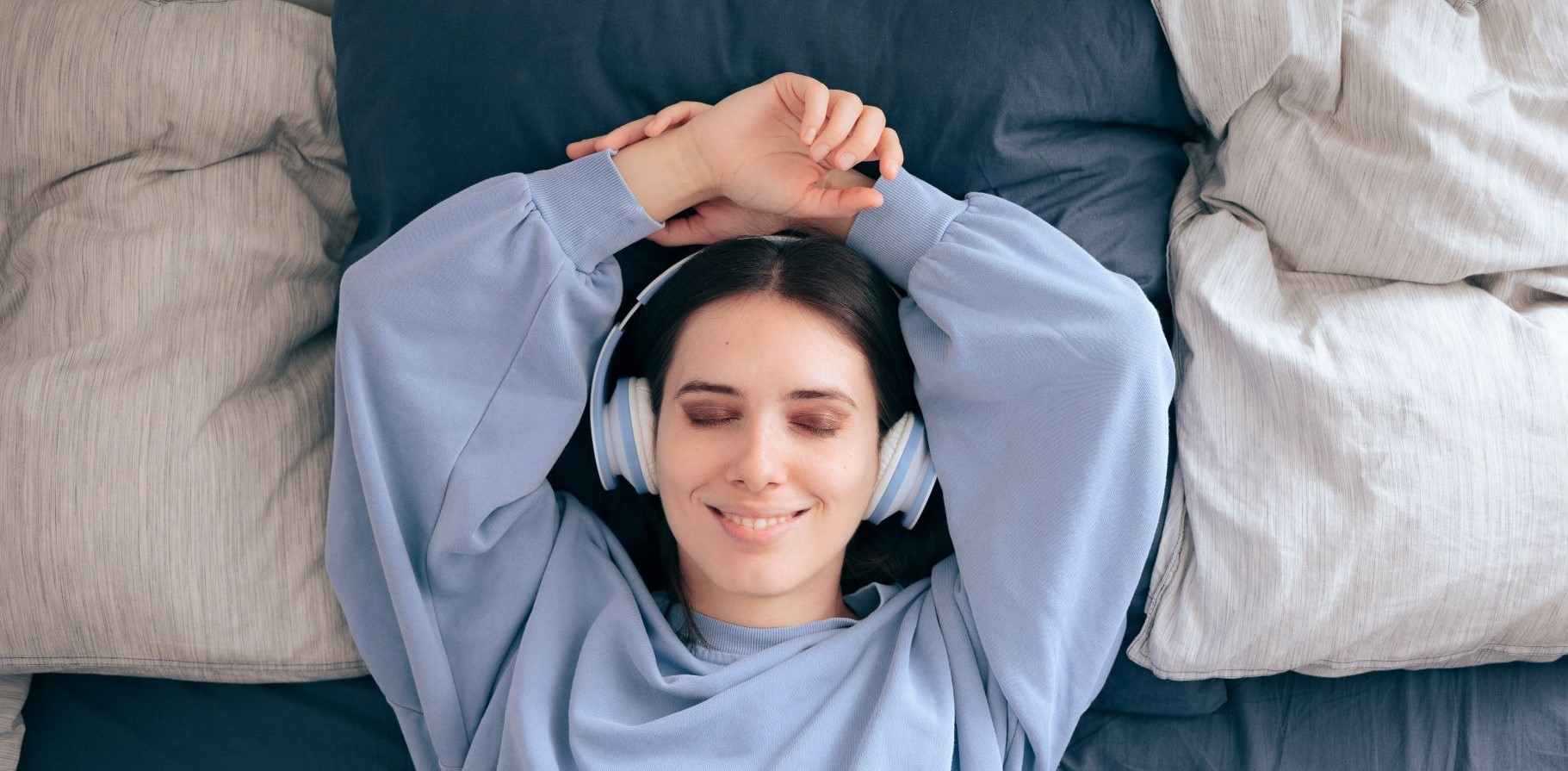Hearing checks are quick, painless and potentially life-changing. Like a check up with a doctor, you should consider having an annual hearing check. After all, if you’re suffering from hearing loss, the sooner you get a diagnosis, the better.
Hearing is a complex system, so getting a comprehensive hearing check will involve several procedures, none of which are painful or invasive. Together, they’ll give you a clear understanding of your hearing health – and your Audiologist a clear understanding of what precautions, treatments or hearing aids to recommend.
When Should You Have a Hearing Check?
Whatever your situation, it's worthwhile getting a hearing check to establish a baseline for your hearing health. Especially if you're worried about your hearing, work in a high-noise environment, are over 60 or have noticed changes in your hearing. Your hearing changes over time, so we recommend regular checks to catch any changes and address them promptly.
The benefits of regular testing include suggestions on preventive measures to protect your hearing and early diagnosis of any problems. That said, even a one-off check has value, as it will provide a standard against which to measure any future hearing changes.

.png?branch=web_prod)



.png?branch=web_prod)